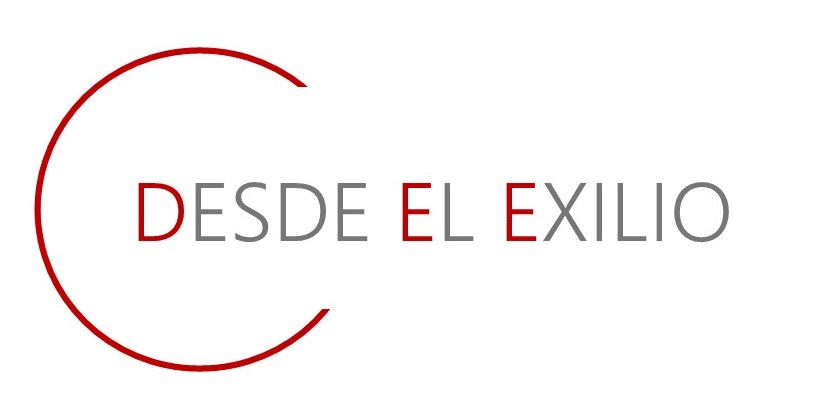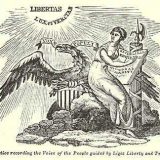Traigo a mi blog otra de las joyas que últimamente produce Spiegel Online. Algo ha ocurrido en la redacción de esta revista, cada vez más crítica con la política europea, en especial la alemana. Hoy nos traen una entrevista con el Ministro israelí Natan Sharansky. Extraigo algunas de sus respuestas por su contundencia:
Sharansky: Bush explained his fundamental concept to me, that freedom is not an American invention, but rather a gift from God to all people. He said that what I had written had essentially confirmed his ideas, and that it was made all the more powerful by my life story and my painful experiences in the Gulag. He believes that I provide him with a theoretical basis for his policies.
SPIEGEL: You and Bush both say that fighting tyranny and spreading democracy is not just a moral obligation, but is also in the strategic self-interest of Western free societies: «Just as slavery was wiped from the face of the earth, government tyranny can also disappear.» Where does this optimism come from?
Sharansky: My theory is that security – also against terror – can only be accomplished through global democratization. It isn’t exactly a popular view. I told Bush that he is a true dissident, because he doesn’t just pay attention to opinion polls, but remains true to his beliefs and fights for them. I also told him that dissidents are very lonely. But history is ultimately on their side.
……………………………………………………………………………………………….
SPIEGEL: Are you saying that George W. Bush had to topple Saddam because the United States supported him for too long?
Sharansky: I believe he had no other choice. Free nations generally look for ways to deal with dictators amicably. Lyndon B. Johnson once said: They may be bastards, but they’re our bastards. For many years, until shortly before Iraq invaded Kuwait, the Americans thought that Saddam was their bastard. The same applies to Saudi Arabia. The fact that Al-Qaeda exists today comes from the United States having pursued a policy of appeasement for decades.
……………………………………………………………………………………………
SPIEGEL: It seems that you are less of an idealist than a practitioner of realpolitik.
Sharansky: If the United States needs the Pakistani bases to combat terrorism, it won’t wait for democracy. However, these strategic war alliances also strengthen undemocratic states such as Pakistan and Saudi Arabia — and make them dangerous. The Saudis were only able to put so much support, both financial and ideological, behind their extremist version of Islam, Wahhabism, because the Americans let them do it.
SPIEGEL: What needs to be done now?
Sharansky: First of all, the following principle must be clearly established: Oppressive regimes can be tactical allies temporarily, but this doesn’t mean that these questionable allies have to be treated with kid gloves for decades. They are the enemy of free people.
……………………………………………………………………………………………….
SPIEGEL: That may be true, but where is your fundamental criticism of President Vladimir Putin, who is beginning to limit basic rights again?
Sharansky: Of course I’m disappointed – and outraged over the banning of independent television station NTW and the arrest of Yukos CEO Mikhail Khodorkovsky, who I know personally as a man of integrity. I called upon Bush to criticize the Kremlin. Nevertheless, fundamental freedoms can no longer be reversed in Russia. Have millions been thrown into prisons under the Putin administration, as was the case in the USSR when I was caught in the Gulag? Things are also happening in the Ukraine. Once the virus of freedom gets into people’s heads, it can only be held up by killing millions. Totalitarianism on a Stalin-like scale is no longer possible today.
……………………………………………………………………………..
SPIEGEL: Do you believe the election of the new Palestinian president was a free and fair election?
Sharansky: No. But it was still very important that it took place. I’d rather see the Palestinians electing their leadership in this way than shooting at one another. Now there is a good chance that a truly independent election will take place in a few years, the kind of election that always lies at the end of the process of developing a democratic society.
La entrevista, completa, aquí




